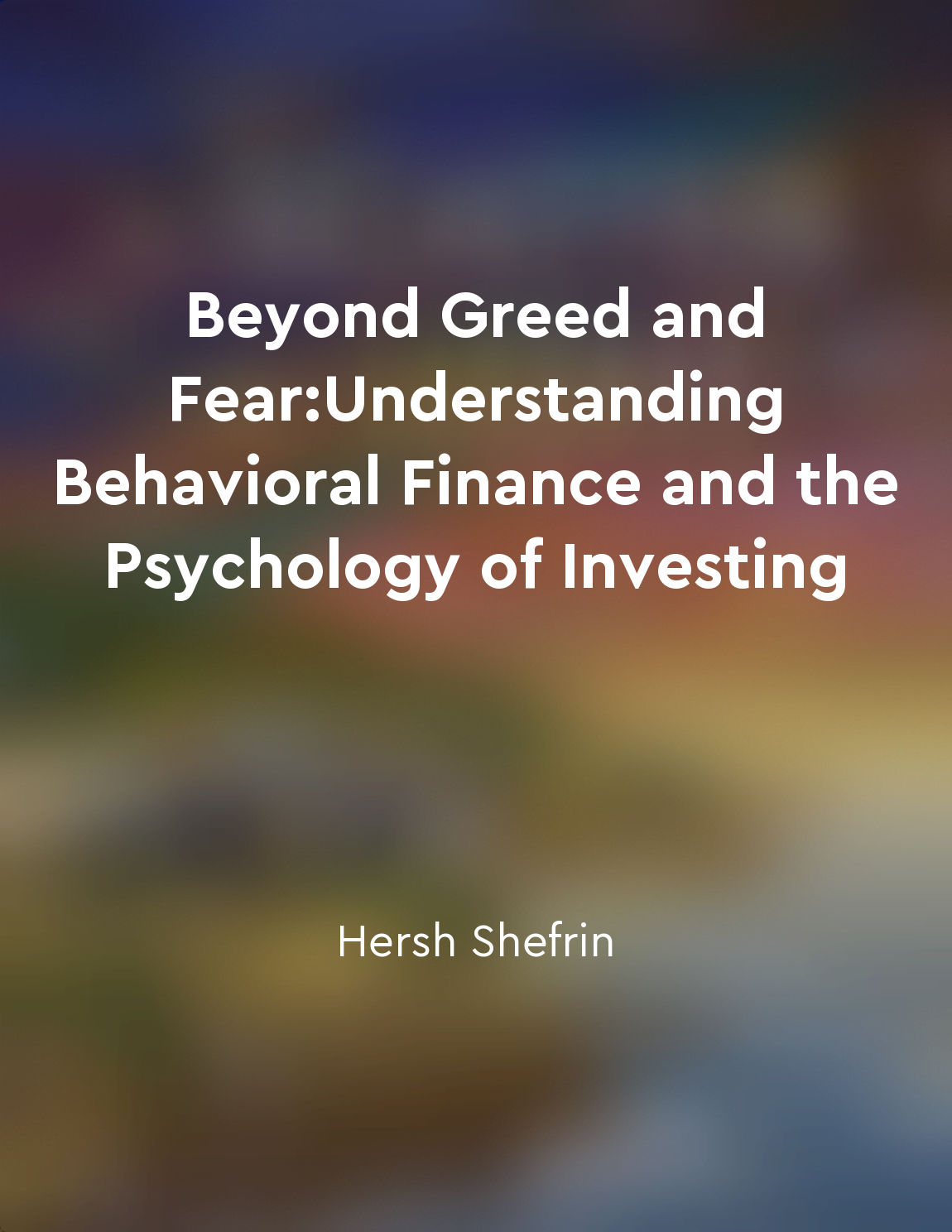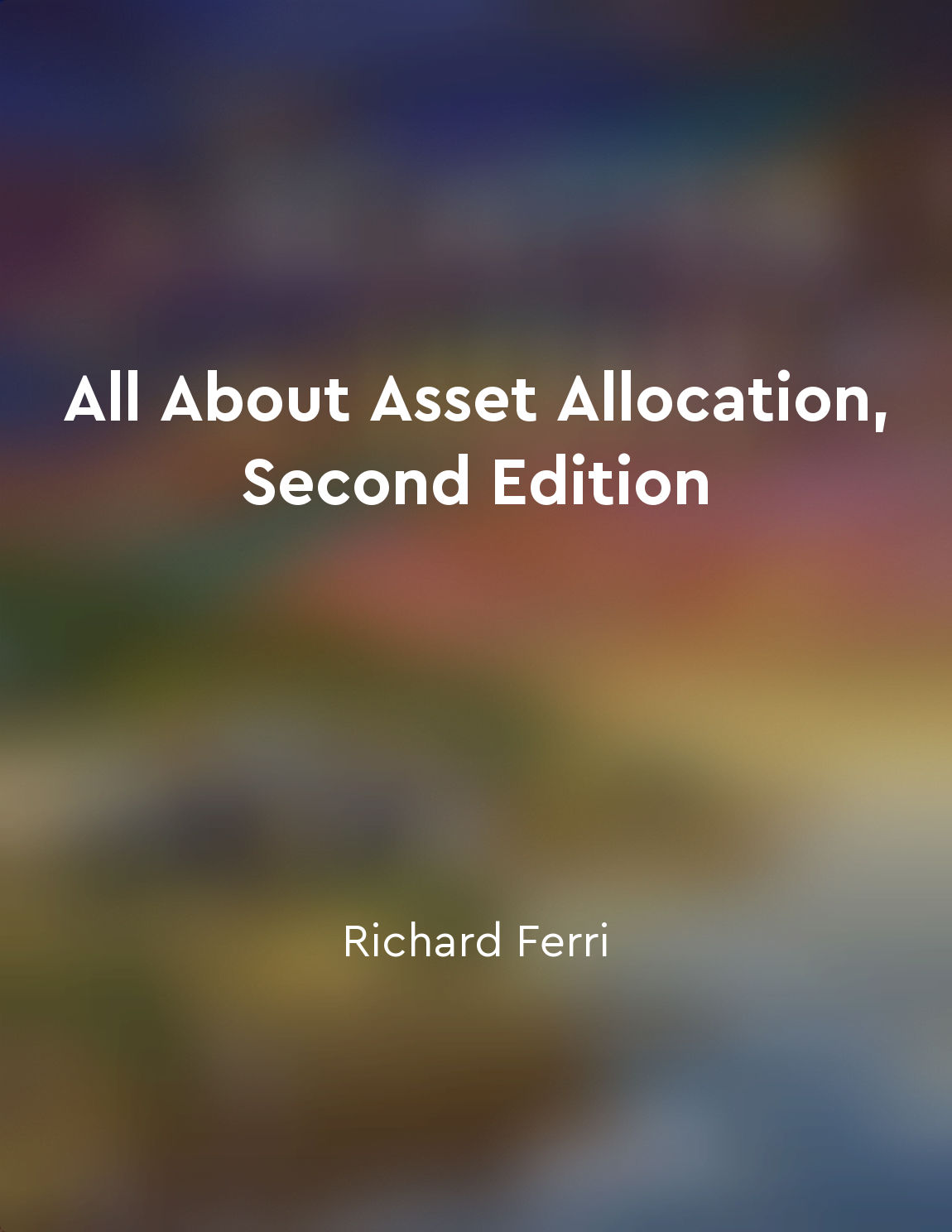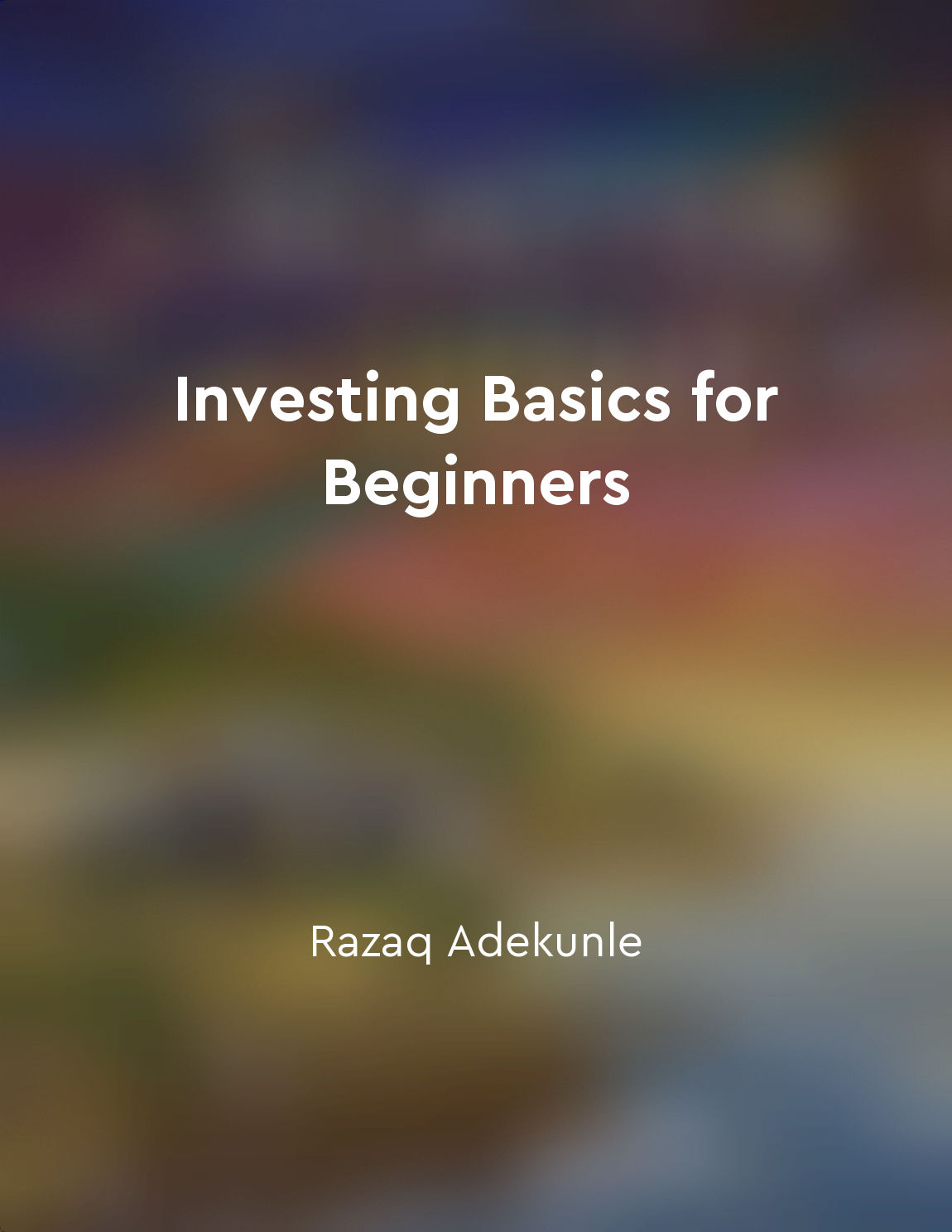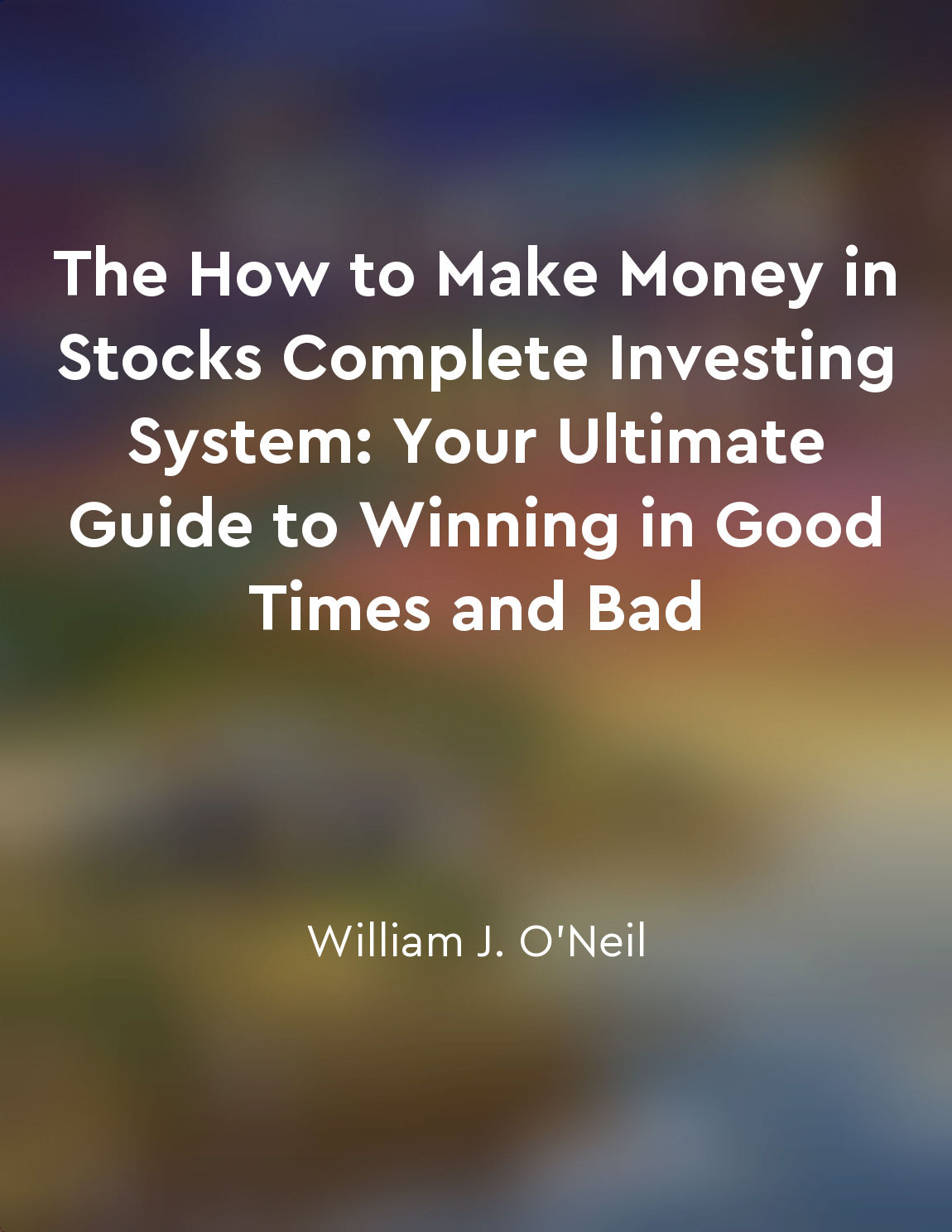Passive investing beats active management from "summary" of All About Index Funds by Richard A. Ferri
Passive investing has a distinct advantage over active management when it comes to long-term investment success. The reason is simple: active managers charge high fees, which eat into investor returns. These fees can range from 1% to 2% or more annually, significantly reducing the overall performance of the investment. Furthermore, actively managed funds tend to underperform their benchmark indices over time. This trend has been observed consistently in various studies, proving that active management is not a reliable strategy for generating superior returns. In fact, the majority of actively managed funds fail to outperform the market in the long run. Passive investing, on the other hand, offers a low-cost alternative that tracks a specific index, such as the S&P 500. By investing in index funds or exchange-traded funds (ETFs), investors can replicate the performance of the overall market at a fraction of the cost of actively managed funds. This approach eliminates the need for costly fund managers and their associated fees. Index funds are designed to closely mirror the performance of a particular market index, providing diversification and stability to investors' portfolios. By holding a broad range of securities within a single fund, index investors can reduce risk and maximize their long-term returns. This passive strategy is particularly beneficial for individual investors who lack the time, expertise, or resources to actively manage their portfolios.- Passive investing offers a simple and cost-effective way to achieve market returns without the pitfalls of active management. By investing in index funds, investors can minimize fees, reduce risk, and optimize long-term performance. This approach is grounded in empirical evidence and has become increasingly popular among investors seeking a reliable and efficient investment strategy.
Similar Posts

Overcoming biases requires selfawareness and discipline
To improve decision-making, individuals must first recognize that they are prone to various biases. It is crucial to acknowledg...
Understand risks and rewards of different investment options
When it comes to making investment decisions, one of the most important factors to consider is the balance between risks and re...

Real estate investments can provide income and diversification
Real estate investments offer a unique combination of income and diversification that can enhance a portfolio's overall risk-ad...
Millionaires prioritize financial independence over status symbols
The wealthy individuals we studied in our research consistently demonstrated a unique mindset when it comes to their financial ...

Prioritize financial goals to stay motivated
To stay motivated on your financial journey, it is essential to prioritize your goals. Without clear priorities, it can be easy...

Keep emotions in check while investing
When it comes to investing, emotions can be your worst enemy. It is important to keep your emotions in check while making inves...

Celebrate your successes and learn from your failures
When you achieve success in the stock market, whether it be a profitable trade or a well-timed investment, it is important to t...

Start small, think big
The idea of starting small and thinking big is a fundamental concept that many successful entrepreneurs and investors understan...
Consider longterm growth prospects
When looking for potential investments, it's essential to think long term. What matters most is the future prospects of a compa...

Stay focused on your financial goals
The key to building wealth is to have clear financial goals and to stay focused on achieving them. It is important to know what...

